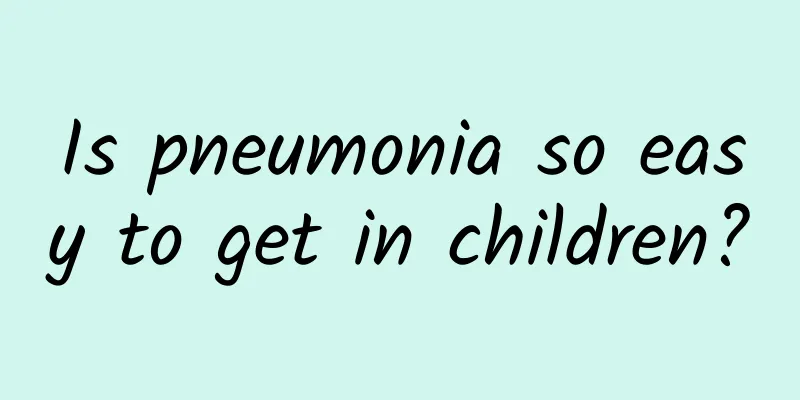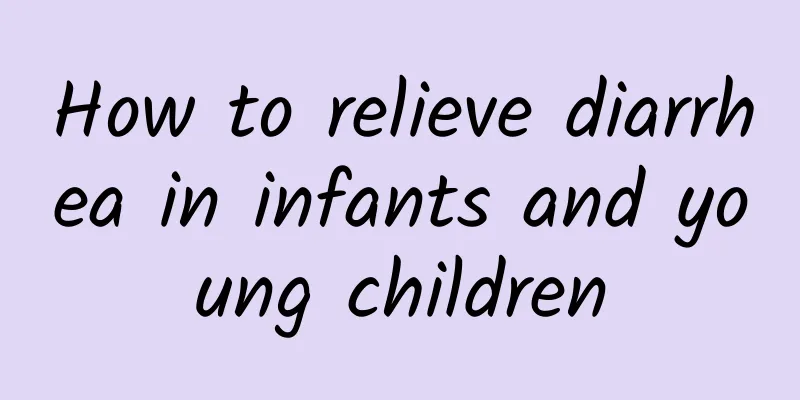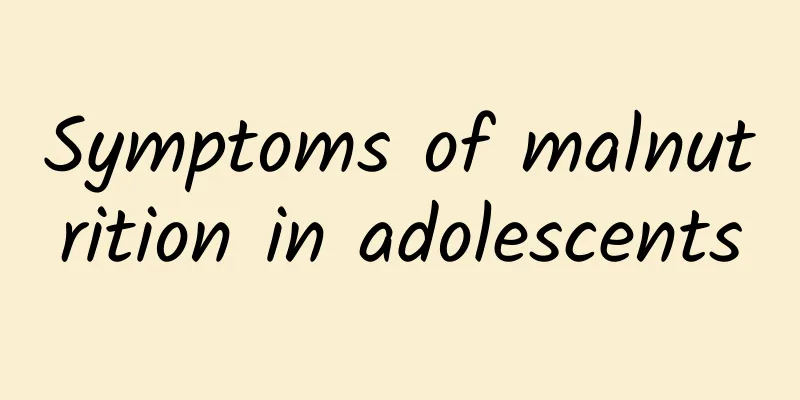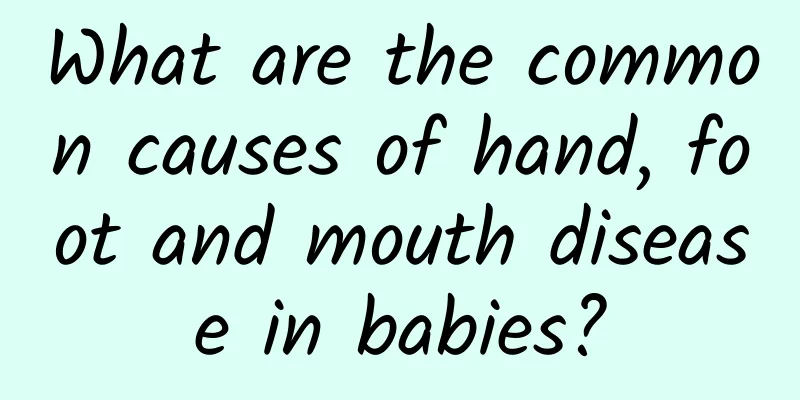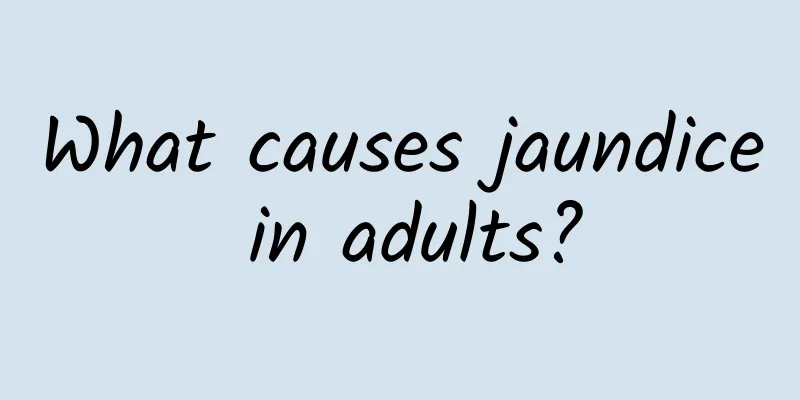What are the early symptoms of pneumonia in children?
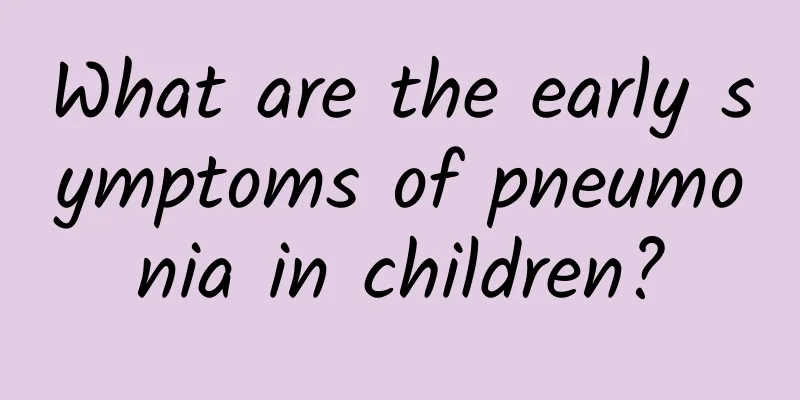
|
Early symptoms of pneumonia in children include fever, cough, and shortness of breath. Parents should identify them as early as possible and seek medical attention in a timely manner. Other possible manifestations include loss of appetite, crying and restlessness, mental depression, etc. In severe cases, dangerous signals such as cyanosis of the lips or sunken chest may appear. 1 Common early symptoms The most typical symptoms of early pneumonia in children are fever and cough, with body temperature reaching above 38°C, often accompanied by irritating dry cough or sputum. Some children may only have mild and frequent coughs, which are easy to be ignored. In addition to coughing, some children will experience shortness of breath and shortness of breath. Parents can observe whether the child's chest rises and falls too quickly or sinks significantly. It may also manifest as reduced feeding or eating, as well as abnormal crying or drowsiness, which may indicate the development of the disease. 2 Warning signs of worsening symptoms If pneumonia symptoms are not treated in time, the condition may worsen rapidly. For example, breathing becomes more labored, the chest becomes sunken, the face becomes pale, and the lips or nails become purple or cyanotic. Severe cases may cause confusion or extreme fatigue. If parents find these symptoms, they should take their children to the doctor immediately to avoid delaying the best time for treatment. 3 How to deal with early symptoms If your child has the above mild symptoms, it is recommended that parents take their child to the hospital for blood tests, chest X-rays and other tests as soon as possible to confirm the diagnosis. After the diagnosis is confirmed, treatment can be determined based on the cause, usually including the following measures: Drug treatment: Antibiotics such as amoxicillin or cephalosporins are suitable for bacterial pneumonia, while antiviral drugs such as oseltamivir can be used for viral pneumonia. Supportive therapy: Maintaining your child's water intake and drinking more warm water or warm milk can help relieve cough and dilute sputum. Local care: It can be combined with nebulizer inhalation therapy to relieve inflammation of the respiratory mucosa and keep the indoor air moist and fresh. If parents find early symptoms of pneumonia in children, they should not blindly use medication, but seek medical advice and treatment as soon as possible. Paying attention to children's behavior and physical reactions is also the key to timely discovering problems and preventing the disease from developing. |
<<: The hazards of pathological neonatal jaundice
>>: Causes of neonatal jaundice
Recommend
Answers to questions about the contents of mid-term examination for children with kidney disease
Children are a group that is prone to kidney dise...
Can children take ambroxol hydrochloride oral solution for cough?
When children have a cough, they can take ambroxo...
What to do if a child with pneumonia always vomits
What should I do if my child with pneumonia keeps...
How to boost milk production after three days of breastfeeding due to jaundice
During the process of the newborn stopping breast...
The fastest way to reduce swelling from mumps
The fastest ways to reduce mumps swelling include...
Mumps, oral surgery, internal medicine
Mumps, oral surgery, internal medicine 1. If the ...
Can children with ADHD heal themselves?
Whether ADHD can be cured on its own depends on i...
What tests should be done to confirm pathological jaundice?
Jaundice in newborns is the most common phenomeno...
Medical treatment for children with late-stage renal disease
What are the symptoms of late-stage nephrotic syn...
What to eat to prevent jaundice
What can I eat to prevent jaundice? Jaundice is a...
How harmful is pneumonia in children?
Pediatric pneumonia is a common disease in childr...
What should you pay attention to when using medicine for children with colds? Five nursing tips for children with colds that parents must know
Children's cold is a common pediatric disease...
How butterfly lips are formed
The formation of butterfly lips is mainly related...
How mumps is transmitted in children
Mumps in children is mainly transmitted through d...
Is lymphoma a blood cancer? How to treat it?
Is lymphoma a blood cancer? How to treat it? Bloo...



